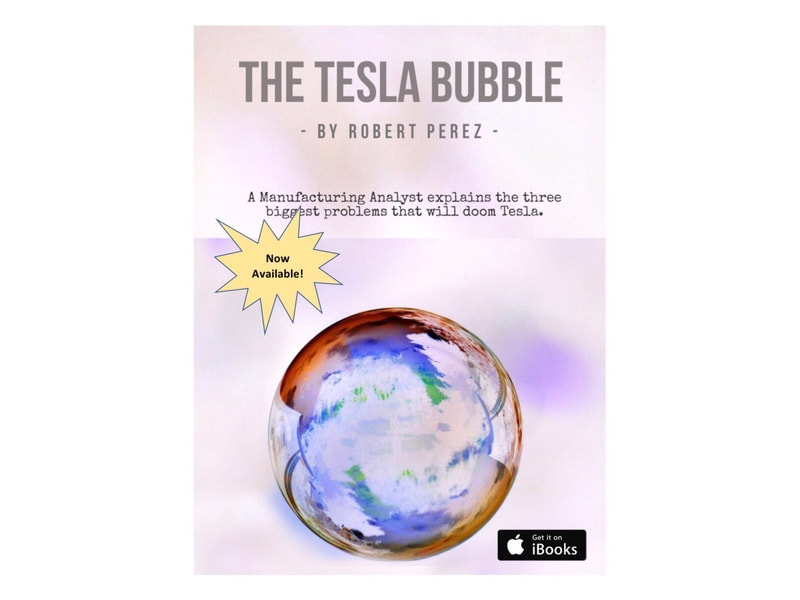Creating the financial model isn’t as easy as you think. Because the sales group always argues that there is a real sales uplift from the goodwill generated by a lenient return policy, the finance group will apply certain factors to take this into account. But if a policy gets abused to the point where there is a Reddit sub-group of people buying used laptops on eBay to exchange at their nearest Apple Store for new MacBook Pros, the goodwill factor will get outweighed by a sea of red. Like the Feds busting up an illegal operation, the finance group will storm in and assert control.
Which brings me to my point. Apple’s lenient return policy is not necessarily always going to be as it is today. It is based on certain assumptions as to what percent of the market is going to use it. When it starts to deviate from those parameters, it will get reevaluated. The biggest danger to the return policy are evangelists who seem to relish in encouraging people to freely purchase Apple products and return what they don’t like.
Now these return policy evangelists would question why anyone would care if they encourage the world to use the Apple Return policy as their own little product sampling program to which I would respond, “Because I like it, and I don’t want it to change.”
Maybe I’m just old school, but I was raised to be careful with my money. My parents admonished me not to waste my money on something that I didn’t need because once you exchanged that cash for goods and services, that money was gone and you couldn’t get it back. From an ethical point of view, it is wrong to ask a vendor to return your money and take a loss on something that they can’t resell. If there was nothing wrong with the product, they don’t deserve to lose money because you are fickle.
For some reason, people seem to think it’s OK to abuse a policy if the vendor is a large profitable company. Perhaps it’s easier to understand if you think about it like a restaurant. Who would go to a small mom-and-pop restaurant, order a dish, and ask for their money back simply because they were trying out a new dish and discovered that they didn’t like it. Of course not. That wouldn’t be fair to the cook who spent time and money on that dish. They would be forced to take a loss through no fault of their own. Most people simply make a mental note to not order that dish next time.
It’s the same principle with any product you buy. If there is nothing wrong with the product, it is unethical to return it. It is illegal for that store to sell a returned product as new, so they take a loss. So why do companies have no-questions-asked policies? Because they are banking that most people aren’t unethical. They are banking that once you buy it you’ll feel obligated to keep it.
Most serial return offenders like to bring up the fact that if a company keeps them happy that they will spend much more money with them in the future. But if you crunch the math, the company is always better off without these high-maintenance customers. Apple has to sell two more iPhones just to erase the loss on one returned iPhone. And few companies have margins as high as Apple, so for a toaster or chair it’s going to erase the profit on many more units. And return policy abusers are usually habitual. Corporations are much better off trying to identify and weeding out these problematic customers. They are income destroyers. These are the kind of customers that CEOs would love to see flocking to their competitors.
Having said all that, I think no-questions-asked policies are great, and I don’t want them to change. Periodically, I will take advantage of the option. But if people keep encouraging everyone to take advantage of it for frivolous reasons, like the MacBook upgrade program, these return policies will go away. So quit advertising it.
Now available in iBooks ---> The Tesla Bubble




 RSS Feed
RSS Feed